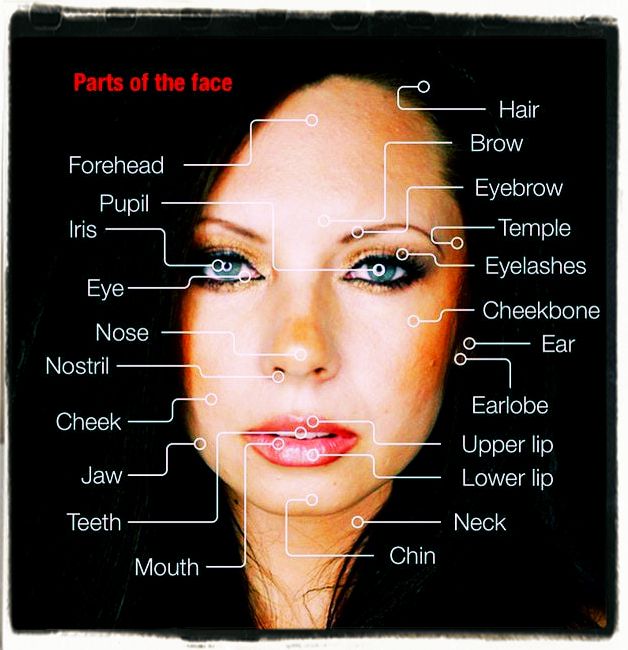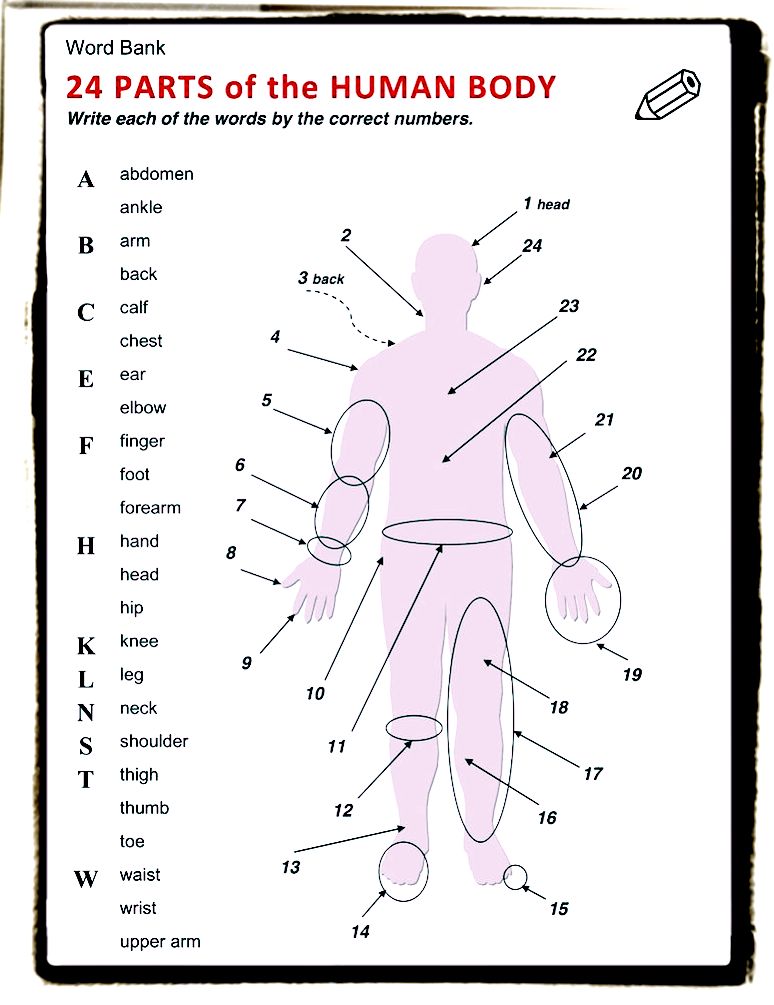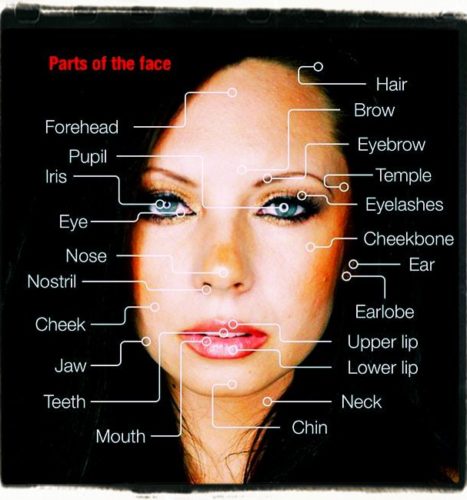
Interactive English Grammar Exercises to practice and improve your skills!
Languages are natural forms of communication; children quickly learn to communicate using their native language, and soon master the main rules of expression without being taught. Indeed, we cannot communicate efficiently if we do not master the essential principles of grammar or syntax. Grammatical rules, spelling and vocabulary, even pronunciation, are codes, and like any codes, for effective communication to occur, writers and readers, speakers and listeners, need to work with the same codes. When a writer uses one code, and a reader tries to use a different code to comprehend what is written, the reader may not understand, and the exercise in communication will fail, or partly fail.
Language is a skill, not just a subject defined by knowledge and memory, but nonetheless if we don’t know the necessary vocabulary and the fundamental grammar rules, it’s obvious that we can’t say we know a language properly . So as we progress, we need to keep consistently checking to see if our skills are improving. The main language skills I am here talking about are speaking, listening, reading and writing. These of course can be broken down, but ultimately what ever we do needs to lead to an improvement in these skills.
Grammar, memory, vocabulary, pronunciation etc. are elements that make up the 4 main skills and they have a place in our learning, but if we measure our skill by seeing whether we understand how to use “the past tense”, for example, then we are making a mistake. We need to assess what we do by seeing if we can use it appropriately and accurately whilst we are speaking (or writing). If what we do doesn’t lead to that, then it could be reasonably suggested that this way is not working. We need to look for another strategy which will result in the desired improvements. Anyway, first of all you must know the structure of the language, then you can practice all the other different skills.
Grammar is important because it provides information that helps the reader’s comprehension. It is the structure that conveys precise meaning from the writer to the audience. Eliminate grammatical errors from your writing, and reward your readers with clear communication. Grammar explains the forms and structure of words (called morphology) and how they are arranged in sentences (called syntax). In other words, grammar provides the rules for common use of both spoken and written language so we can more easily understand each other.
The building blocks of grammar are the eight parts of speech:
Verbs express actions, events, or states of being.
Nouns name a person, animal, place, thing, or abstract idea.
Pronouns take the place of nouns or another pronoun.
Adjectives modify nouns or pronouns by describing, identifying, or quantifying them. An adjective usually precedes the noun or the pronoun which it modifies.
Adverbs modify a verb, adjective, another adverb, a phrase, or a clause and indicate manner, time, place, cause, or degree. Adverbs can be recognized because they answer the question how, when, where, or how much. Adverbs often end in ly.
Prepositions link nouns, pronouns, and phrases to other words in a sentence and usually indicate a relationship of time, space, or logic.
Conjunctions link words, phrases, and clauses.
Interjections are added to a sentence to convey emotion and are usually followed by an exclamation point.
Can / Must / Modal Verbs Exercise 1
Verbs Must / Have to / Needn’t
Verbs Must /Can’t/Couldn’t or Needn’t
Modal Verbs exercise 2
Word order exercises 1
Word order exercise 2
Word order exercise 3
Word order exercise 4
Jokes and riddles
Proverbs exercise 1
Proverbs exercise 2
Proverbs exercise 3
Some and any 1
Some and any 2
Check your vocabulary 1
Convert nouns into adjectives
Filling the gaps 1
Filling the gaps 2
Filling the gaps 3
Filling the gaps 4
Filling the gaps 5
Irregular verbs 1
Irregular verbs 2
Various tenses 1
Simple past / continuous 1
Simple past / continuous 1a
Simple past / continuous 1b
Simple past / continuous 2
To be continued here : Grammar Exercises Index

Tests on Google and Microsoft forms
Past continuous and vocabulary
To be continued …

Test of English and resources
British Council tests of English
Lessons tests vocabulary games


